

Challenging the longstanding perception of cholesterol as being harmful, this article illuminates its vital roles in the human body.
Cholesterol has long been viewed as a detrimental substance in the context of cardiovascular health, with widespread campaigns advocating for lower levels in the blood. However, emerging evidence suggests that cholesterol plays several essential roles in the human body, many of which are critical for survival.
Cholesterol is predominantly produced by the human body, with roughly 80% being synthesized internally, and only 20% derived from dietary sources. This internal production involves a complex series of chemical reactions, which can be influenced by genetic factors that may impair an individual's ability to produce adequate amounts of cholesterol.
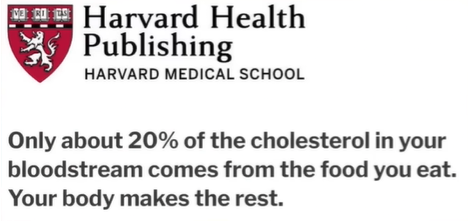
One of the primary functions of cholesterol is its role in cell membrane structure. Cholesterol constitutes about 30% of the cell membrane, which is vital for maintaining the integrity and function of the cell. With over 30 trillion cells in the human body, the absence of cholesterol in these membranes would lead to cellular dysfunction and death.
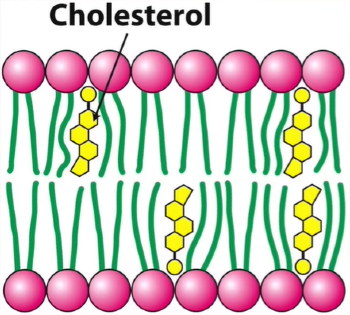
Contrary to the belief that cholesterol is harmful to arteries, it is actually utilized by the body to repair and protect arterial walls. Cholesterol deposits in arterial walls were initially thought to cause damage. However, it is now understood that these deposits are a response mechanism to inflammation caused by factors such as a high-carbohydrate diet.
Cholesterol is a fundamental building block for several hormones, including testosterone, estradiol, progesterone, cortisol, and aldosterone. These hormones are crucial for numerous physiological processes, and a deficit in any of these could be life-threatening.
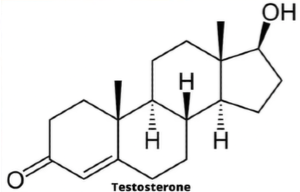
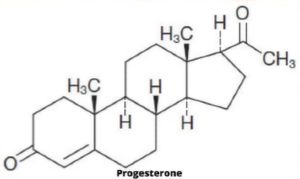
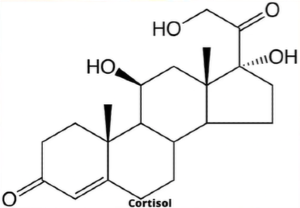
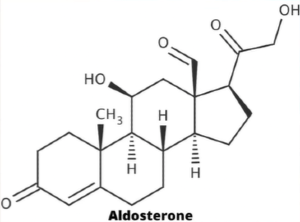
Cholesterol is also involved in the production of vitamin D through the action of ultraviolet light on the skin. Additionally, cholesterol is a key component of bile, which is essential for the digestion and absorption of dietary fats. Bile acids facilitate the absorption of fat-soluble vitamins, such as vitamins A, D, E, and K, which are necessary for survival.

The body actively reabsorbs cholesterol from bile in the intestines, highlighting its value to the body. This conservation contrasts with the notion that cholesterol is a substance to be eliminated, indicating its importance in bodily functions.
The push for cholesterol-lowering diets and medications, such as statins or PCSK9 inhibitors, raises questions about the balance between managing cardiovascular risks and preserving the essential functions that cholesterol serves. Patients and healthcare providers must consider the full range of cholesterol's roles in the body when discussing cholesterol management strategies.
The characterization of cholesterol as an enemy to health is increasingly being challenged by its recognized roles in cellular structure, hormone production, and physiological repair processes. Cholesterol is not merely a bystander but an integral component of human biology, which suggests a need for a more nuanced approach to its management in clinical practice.